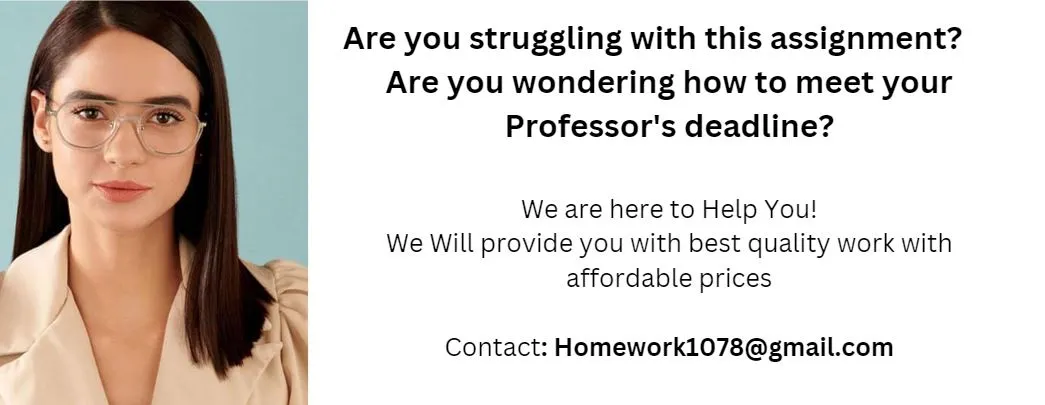: We see in Rip Van Winkle themes of generational change, continuity, preservation, and tradition. Written nearly half a century after the American Revolution, in Rip Van Winkle Irving is making a statement about the Revolution. What is it Washington Irving is trying to convey to the reader through his story? Do any of the surrounding characters have roles or represent themes related to the Revolution? If so, what might those be? : James Fenimore Cooper challenges the reader to consider who really owns the land and its natural resources. What evidence is in there of natural law versus human law? What can we say about individual freedoms versus the ideal of equal opportunities protected by the institutions of a justly ordered society? Express these juxtapositions using lines from the reading as support. And then please add your opinion of ownership and conservation, law, and freedoms. Purchase the answer to view it
